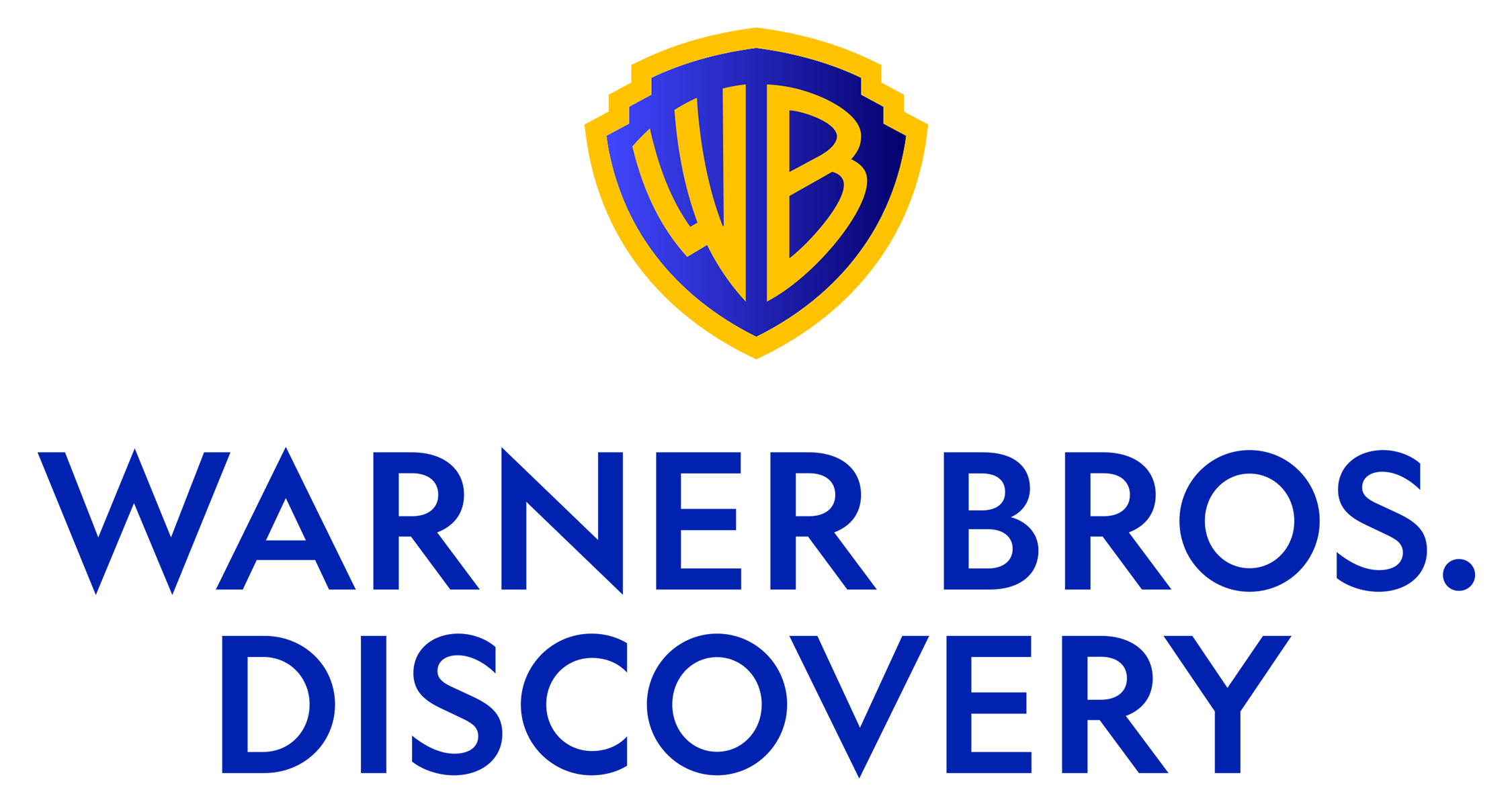Warner Bros. Discovery Sees Sluggish Q4 DTC Sub Gains
Global direct-to-consumer subscribers grew by only 1.1M to 96.1M in Q4 as WBD's total revenue declined and losses grew

The professional video industry's #1 source for news, trends and product and tech information. Sign up below.
You are now subscribed
Your newsletter sign-up was successful
NEW YORK—Warner Bros. Discovery reported sluggish growth in its global direct-to-consumer streaming business in Q4, 2022 as the company's total revenue declined by 9% to $11.0 billion and losses increased to $2.1 billion in Q4, 2022.
The report also highlighted the company's shift in strategy towards trying to reduce streaming losses and costs, with DTC losses remaining large but significantly reduced from a year ago.
Overall, global DTC subscribers increased 1.1 million to 96.1 million at the end of Q4 versus 95.0 million subscribers at the end of Q3, helped in part by the re-launch of HBO Max on Amazon Channels in December 2022. For all of 2022, DTC subs grew by 9.9 million from 86.2 million in Q4 2021 to 96.1 million in Q4 2022.
In the U.S., DTC subs grew by about 1 million to 54.6 million in Q4, up from 53.6 million in Q3, 2022 and 51.2 million a year earlier.
DTC Q4 revenues were $2,451 million up 6% compared to Q3, 2022 excluding changes in currency rates (ex-FX), the company reported. Advertising revenue increased 75% ex-FX, primarily driven by subscriber growth on our DTC ad-supported tiers and distribution revenue increased 2%.
The results also highlighted the company’s shift towards trying to cut costs by selling more content. Content revenue increased 28% ex-FX, primarily driven by higher third party licensing of HBO content and while DTC operating expenses were $2,668 million, operating expenses decreased 12% ex-FX compared to Q4 2021.
DTC Adjusted EBITDA showed a $217 million loss, a $511 million year-over-year improvement in losses on a pro forma combined basis, the company reported.
The professional video industry's #1 source for news, trends and product and tech information. Sign up below.
Ashwin Navin, CEO of TV data researcher Samba TV weighed in on the company's latest results:
"We continue to see an increasingly competitive landscape in the subscription and advertising supported entertainment market as we enter 2023. Our data shows that many streaming services are vulnerable to subscriber churn and subscription cycling, where viewers sign up for a service to watch a specific program with the intent to immediately cancel after one month," he said. "While over two thirds of adults report they plan to cycle in the next six months complicating forecasting and altering our perception of the true annualized value of a “subscriber”, our data indicates that HBO Max is faring slightly better than most other streamers in delivering multiple programs of interest to viewers that will help stave off churn.
"We’re seeing that some of HBO Max’s popular tentpole franchises like "House of the Dragon" have become appointment viewing, with other programs also enjoying a much longer shelf-life attracting new viewers far longer than those of its streaming counterparts," Navin added. "The most recent season of "The White Lotus" for example was among the top three streaming premiers in the second half of 2022 and the show continued to draw in new audiences week after week to the service. As we shift from a model that was largely focused on acquisition to one that balances the critical need for retention in 2023, HBO Max’s strong portfolio of diverse content is well positioned to help the service as we enter the next phase of the streaming wars."
George Winslow is the senior content producer for TV Tech. He has written about the television, media and technology industries for nearly 30 years for such publications as Broadcasting & Cable, Multichannel News and TV Tech. Over the years, he has edited a number of magazines, including Multichannel News International and World Screen, and moderated panels at such major industry events as NAB and MIP TV. He has published two books and dozens of encyclopedia articles on such subjects as the media, New York City history and economics.

